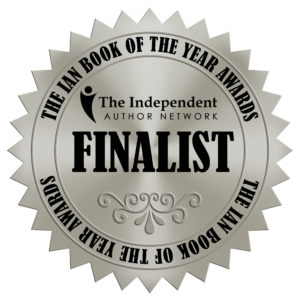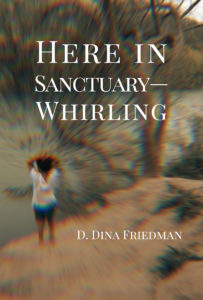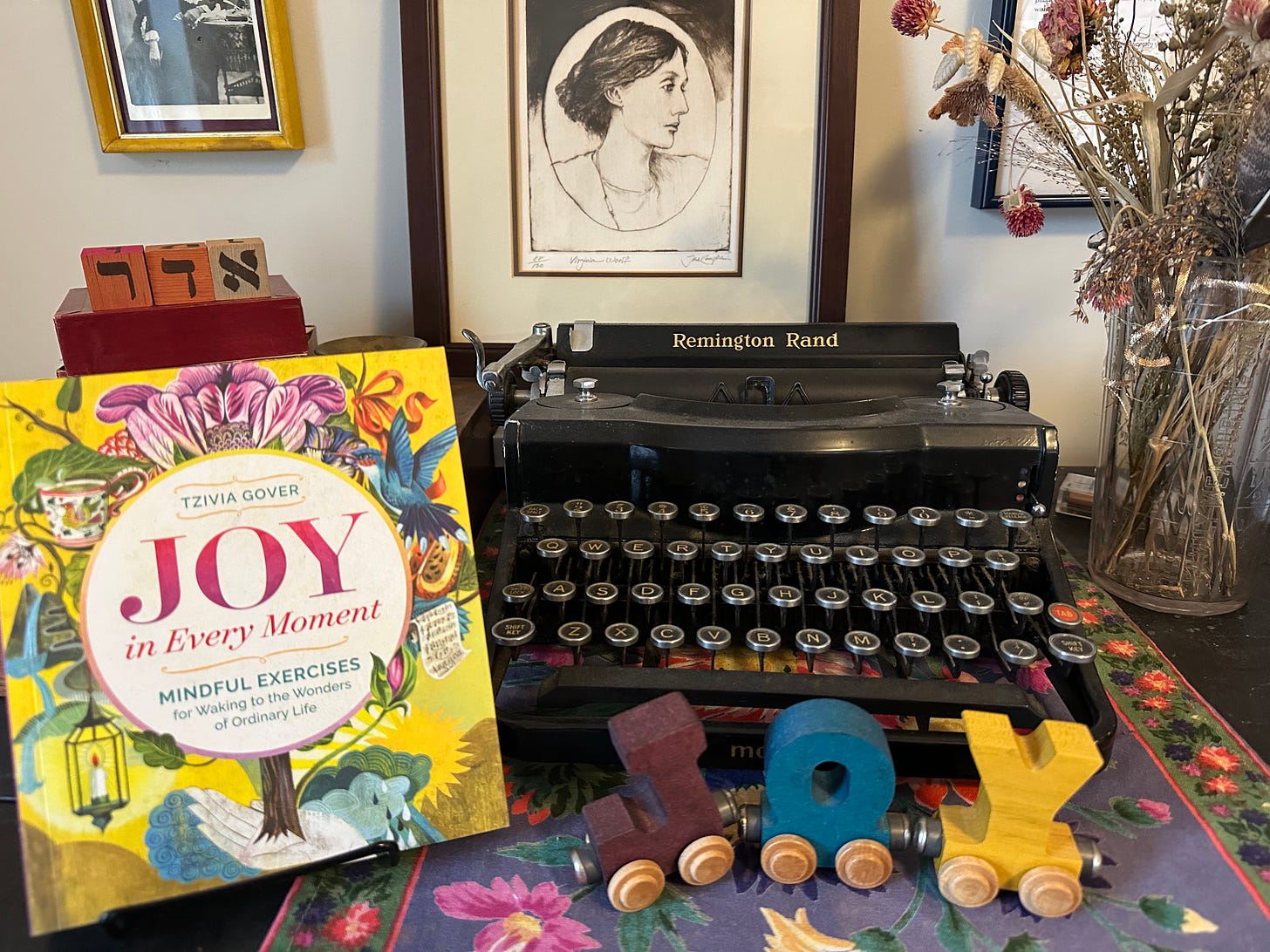
Nicolás Espinosa, CC BY-SA 4.0 <https://creativecommons.org/licenses/by-sa/4.0>, via Wikimedia Commons
Recently I ran into an old acquaintance I knew through writing many years ago. She told me that she’d submitted a few essays to a few places and when they got rejected she gave up. It’s such a familiar story. I probably hear a similar version of it from someone nearly every month or two. But while I can’t counteract the argument that submitting work is a drain on time that might be more enjoyably spent on other things, I urge folks to expand their view of what it means to be rejected.
This week, I got the following letter from ONLY POEMS, a magazine with a 1.61% acceptance rate.
Thank you so much for trusting us with your wonderful poem. Although we‘re passing on this submission, I wanted to let you know that we received almost 600 poems for the Poem of the Month and your poem was in my Top 30.
I know “Meditating in a Heat Wave” will find a wonderful home soon, and I welcome you to share it when it does. I’d love to see it published, and also consider sharing it on our socials.
I sincerely hope you’ll try us again for our next Poem of the Month call.We will open again with a new themed call feature soon. Keep an eye out for that!
I’d also like to invite you to submit for our Poet of the Week series. We’re also forever open for our new features: short poems, ekphrastic, and poets howl. Learn about them through our Submittable page/website/Substack.
Wow!
Out of 600 poems, mine was in the top 30! That’s pretty darn good. Problem is, for this particular call, they were going to only publish one poem. We need to stop thinking zero-sum game here, and get out of the “sports team metaphor” that if you don’t win the championship, you’ve failed. What’s even more important than my “ranking” is that my work touched these editors to the point of saying that if the poem eventually gets published in another journal, they would consider sharing it on their social media sites, extending legitimacy to my work through their good name, and enhancing its reach through their 37.8K followers on Instagram.
Of course, I’m now psyched to submit to ONLY POEMS again, but whether or not they ever publish my work, I’ll be forever grateful to their generosity in taking the time to write this letter, rebunking the insidious inner critic who lives in all of us and delights in promoting the falsehood that rejection means we are bad writers, bad people, worthless, useless, blah, blah, blah, blah.
So while the submission game may not be for everyone, I’m determined to keep playing it. The odds may be about the same, but it’s a lot cheaper than going to a casino, and the “prizes”–even when they’re rejection letters, are a lot longer lasting than whatever money might come tumbling out of a slot machine.
Subscribe at https://ddinafriedman.substack.com

 I’m personally very mixed on the “awards/contest” game for books because it seems like mostly a way of collecting a lot of exorbitant entry fees just to say your book won an award, but my publisher and I did submit to a couple of the more known ones. I was pleased to get a finalist designation (first runner up short-story and all category short-list) for the Eric Hoffer Awards, and a finalist designation in the short story category for the Independent Authors Network.
I’m personally very mixed on the “awards/contest” game for books because it seems like mostly a way of collecting a lot of exorbitant entry fees just to say your book won an award, but my publisher and I did submit to a couple of the more known ones. I was pleased to get a finalist designation (first runner up short-story and all category short-list) for the Eric Hoffer Awards, and a finalist designation in the short story category for the Independent Authors Network. It was a thrill to have my poetry book, Here in Sanctuary–Whirling, which drew heavily on my witnessing trips to the border and the children’s detention center in Homestead, FL, come out in early 2024. With the upcoming administration’s about to take over and put their extreme deportation plans in gear, this book feels even more relevant right now, and I’m continuing to look for ways to publicize it.
It was a thrill to have my poetry book, Here in Sanctuary–Whirling, which drew heavily on my witnessing trips to the border and the children’s detention center in Homestead, FL, come out in early 2024. With the upcoming administration’s about to take over and put their extreme deportation plans in gear, this book feels even more relevant right now, and I’m continuing to look for ways to publicize it.
 Oh well, I’ll tackle that issue later. First, I’ll have to think about the reframing. I’ll keep the current version, just in case, but in general, I like revision, which I think of as re-visiting, rather than correcting something that was previously wrong. I’ve recently discovered that in my piano life, as I re-visit pieces I struggled so hard with four years ago, like Beethoven’s Pathetique, I have a lot more facility in bringing them back. Frequent practicing has made my fingers stronger and more flexible, and I can focus less on the notes and more on the shadings of a piece, how I want to express it, which gets to the soul of the creative process–especially as I’ve learned to let go of the expectation that I’ll play every note and every rhythm perfectly and without bumps.
Oh well, I’ll tackle that issue later. First, I’ll have to think about the reframing. I’ll keep the current version, just in case, but in general, I like revision, which I think of as re-visiting, rather than correcting something that was previously wrong. I’ve recently discovered that in my piano life, as I re-visit pieces I struggled so hard with four years ago, like Beethoven’s Pathetique, I have a lot more facility in bringing them back. Frequent practicing has made my fingers stronger and more flexible, and I can focus less on the notes and more on the shadings of a piece, how I want to express it, which gets to the soul of the creative process–especially as I’ve learned to let go of the expectation that I’ll play every note and every rhythm perfectly and without bumps.

